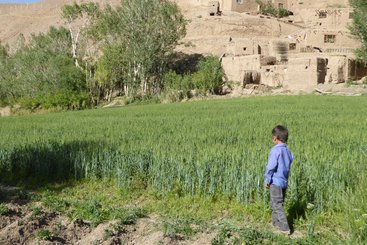This review, produced as part of the programme Supporting Pastoralism and Agriculture in Recurrent and Protracted Crises (SPARC), considers how protracted conflict has affected livelihoods and food security in select cases, and responses undertaken to address resulting economic and social harm.
Protracted conflicts are immensely costly in lives and livelihoods, as well as being a grave threat to development. This review addresses two questions:
- How has protracted conflict affected the livelihoods and food security of individuals and households, and local and national economies? And,
- What responses to economic and social harm caused by protracted conflict have been undertaken? What evidence exists for their effectiveness, and in what circumstances?
This review focuses on eleven cases of protracted conflict, most of them current in 2021. They are: Afghanistan; Darfur, Sudan; eastern Democratic Republic of Congo (DRC); Mali; Nepal (ended 2006); northeast Nigeria; Somalia; South Sudan; Syria; northern Uganda (ended 2006); and Yemen. The report is based on literature reviews of the eleven cases and interviews with key informants, with data and insights synthesised by comparing across the cases.
You can view the accompanying annexes for this rapid evidence review here.
Authors: Steve Wiggins, Simon Levine, Mary Allen, Maha Elsamahi, Vaidehi Krishnan, Irina Mosel, Neema Patel
-
Livelihoods and markets in protracted conflict: a review of evidence and practice
Read more about Livelihoods and markets in protracted conflict: a review of evidence and practice.




